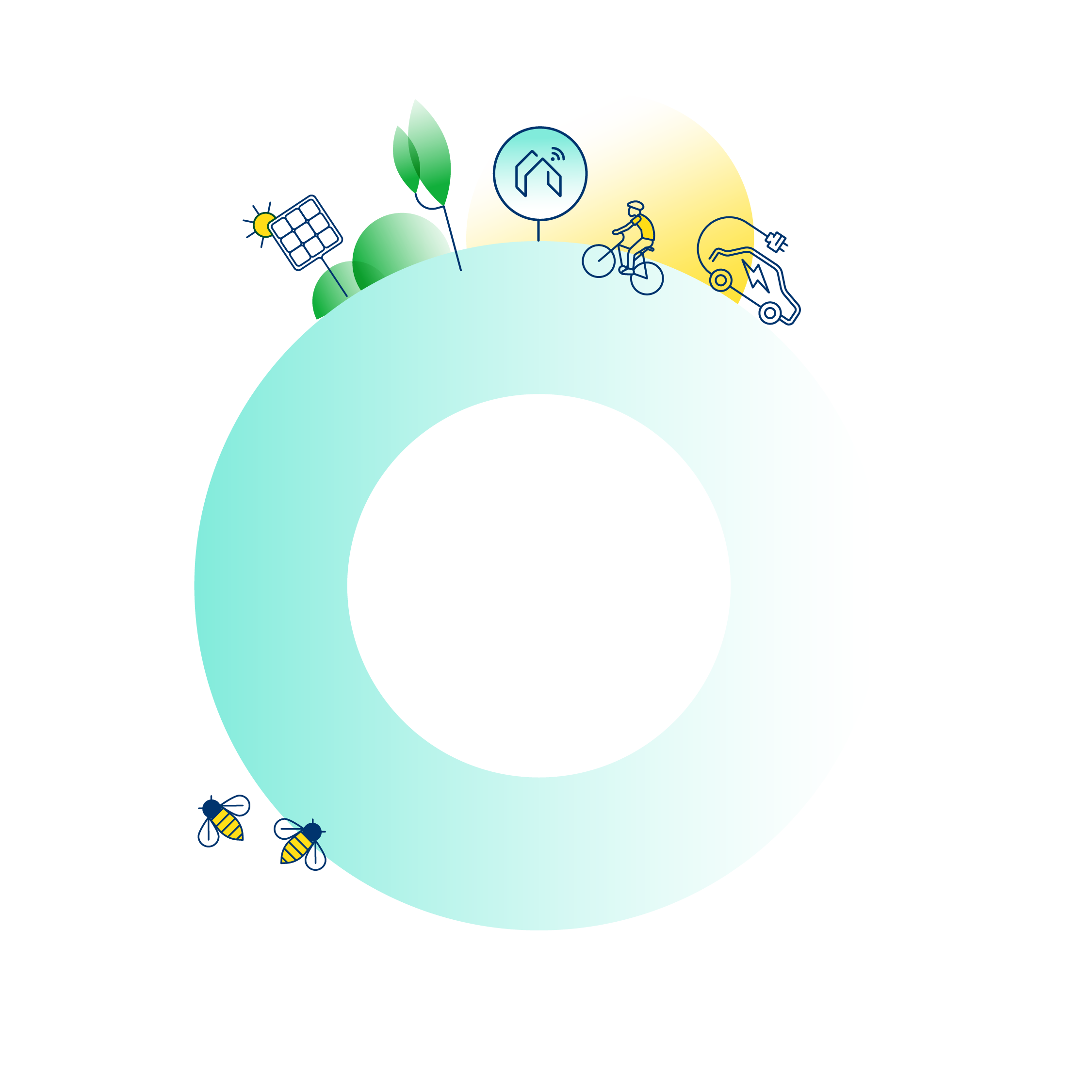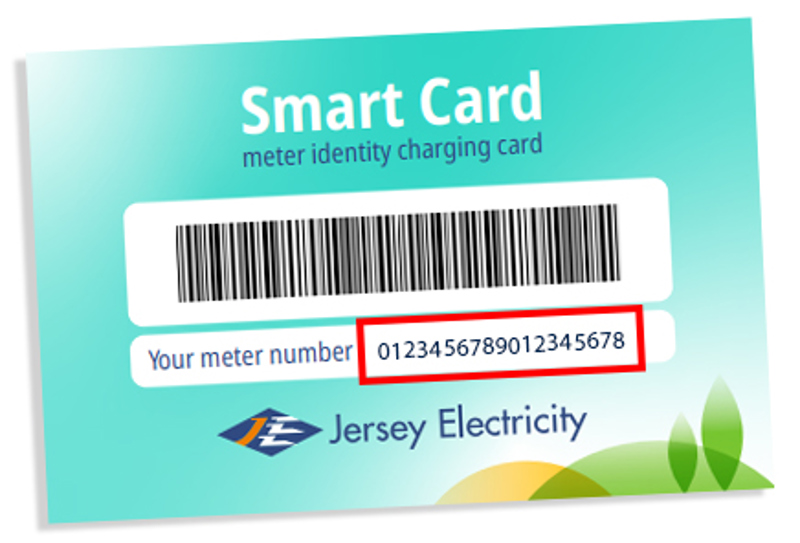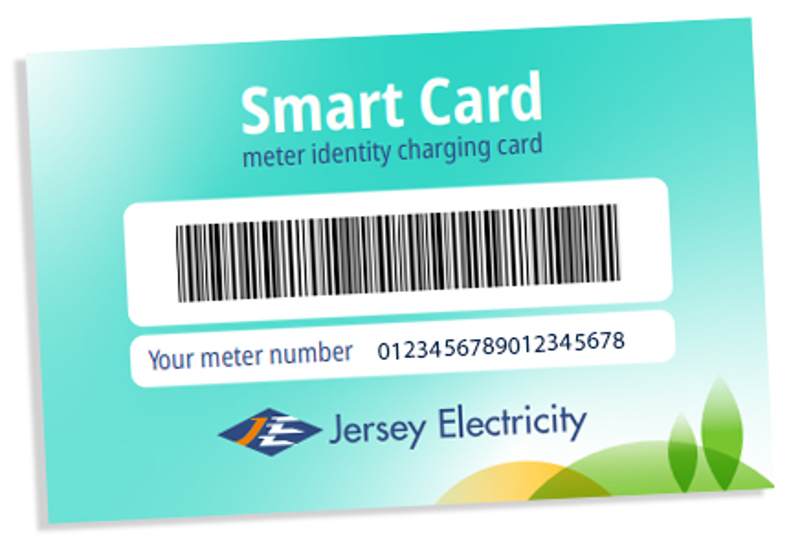We fully support the Government of Jersey's carbon neutrality ambition
Time is running out to find a lasting solution to the catastrophic consequences we face from climate change. Though the COVID-19 pandemic has diverted our attention, climate change continues to be the biggest challenge of our times.
Carbon emissions and other pollutants released into the atmosphere by the continued use of fossil fuels are putting all our futures at risk. We are, therefore, fully supportive of the strong position the Government of Jersey has taken in declaring a climate emergency and seeking to make Jersey carbon neutral by 2030.

-
Even if a 5% drop in carbon emissions in 2020 were sustainable, it would not be enough unfortunately.
-
The UN Environment Programme’s Emissions Gap Report 2019 says global emissions now need to fall 7.6% per year every year this decade to have any chance of keeping us on course to limit global warming to less than 1.50C above pre-industrial levels.
-
That will not happen by lockdowns but by climate policies that encourage the use of clean energy technologies and reduced energy demand. It also doesn’t have to lead to a reduction in our living standards.
We're not doing enough to halt climate change
The COVID-19 pandemic and subsequent lockdowns have shown us all the impacts change in our behaviour can have on the natural environment and climate. They indicate what can be achieved when we are forced to change our behaviours.
Estimates vary, but Carbon Brief calculates a fall of 5.5% in global annual carbon emissions as a result of the restrictions put in place in response to the global pandemic in 2020. The International Energy Agency (IEA) estimates a fall of 8% - two to three billion tonnes of carbon reductions.

We have the opportunity in Jersey – let’s grasp it
Jersey is in the strong position of already having a clean, virtually decarbonised electricity system. Of course, there is no doubt that delivering carbon neutrality quickly will be immensely challenging but our low-carbon, reliable energy platform gives the Island a huge opportunity to achieve its carbon neutrality ambitions more rapidly and cost-effectively than many other countries.
But we can only build a pathway to greener, cleaner and sustainable future if we work together as one Island. We at Jersey Electricity want to inspire all Islanders to help deliver a sustainable, zero carbon future in which our community thrives and prospers post-COVID-19 and long into the future.
We don’t have all the answers and it will, for sure, be difficult. But we believe it can be done.
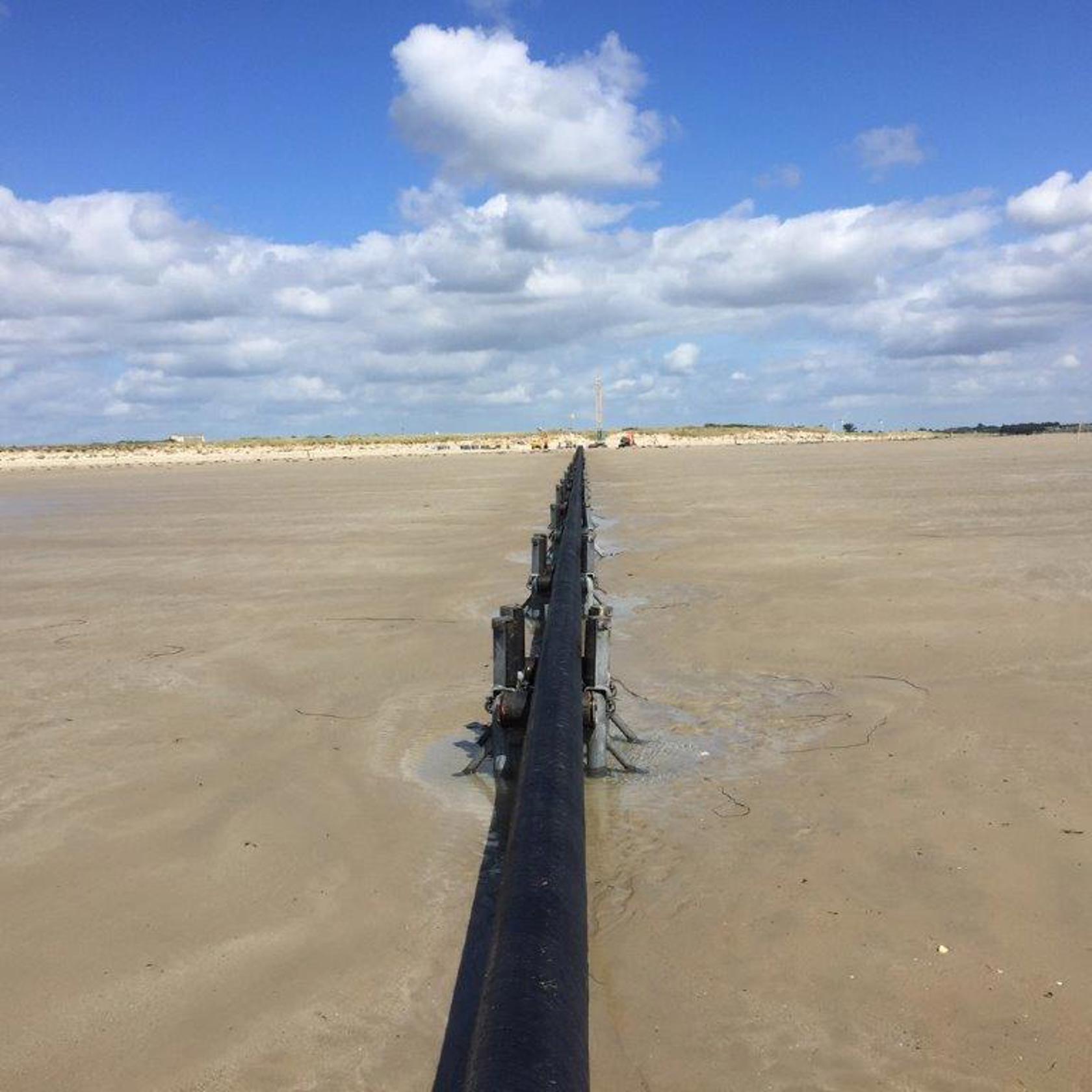
- So, Jersey has a real and credible opportunity to go further and faster to decarbonise the Island and at a lower cost than many other jurisdictions.
- We acknowledge that the proposed time scale of 2030 is challenging and achieving it will take a considerable shift in attitude and the will of the people to move from fossil fuels in favour of cleaner energy and energy efficiency.
We are ready to invest in all our futures
We have a well-invested low carbon electricity system that is the perfect platform to facilitate a zero carbon future. We are ready to invest further to meet the expected increase in electricity demand on our journey to achieving carbon neutrality, and we have a good sense of what this would cost.
Importantly, the way we operate means we believe we can achieve this without any significant increase in electricity prices.
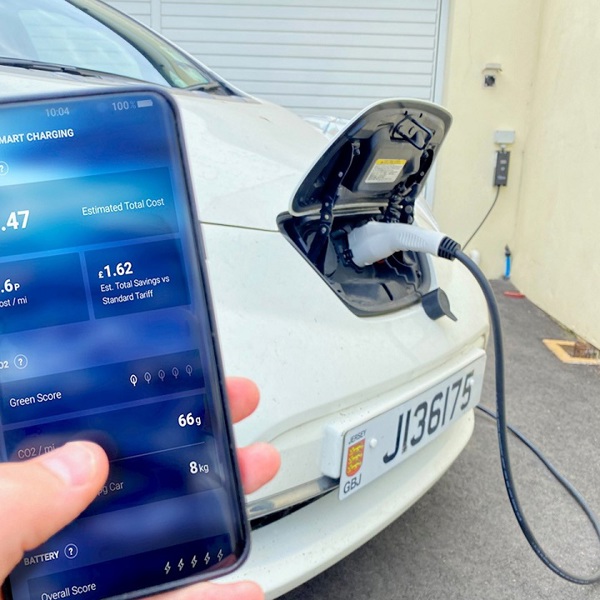
Energy-saving technologies are here
We see technologies such as demand-side management (including big data), vehicle-to-grid discharging (V2G), renewable distributed generation and energy storage – all of which we’re currently trialling – becoming mainstream.
Almost half of the Island’s carbon emissions come from transport (44%), followed by carbon emissions from business (20%) and residential homes (15%). To make meaningful progress to carbon neutrality, we, as a community, led by Government policy, need to work harder and faster in all these areas.
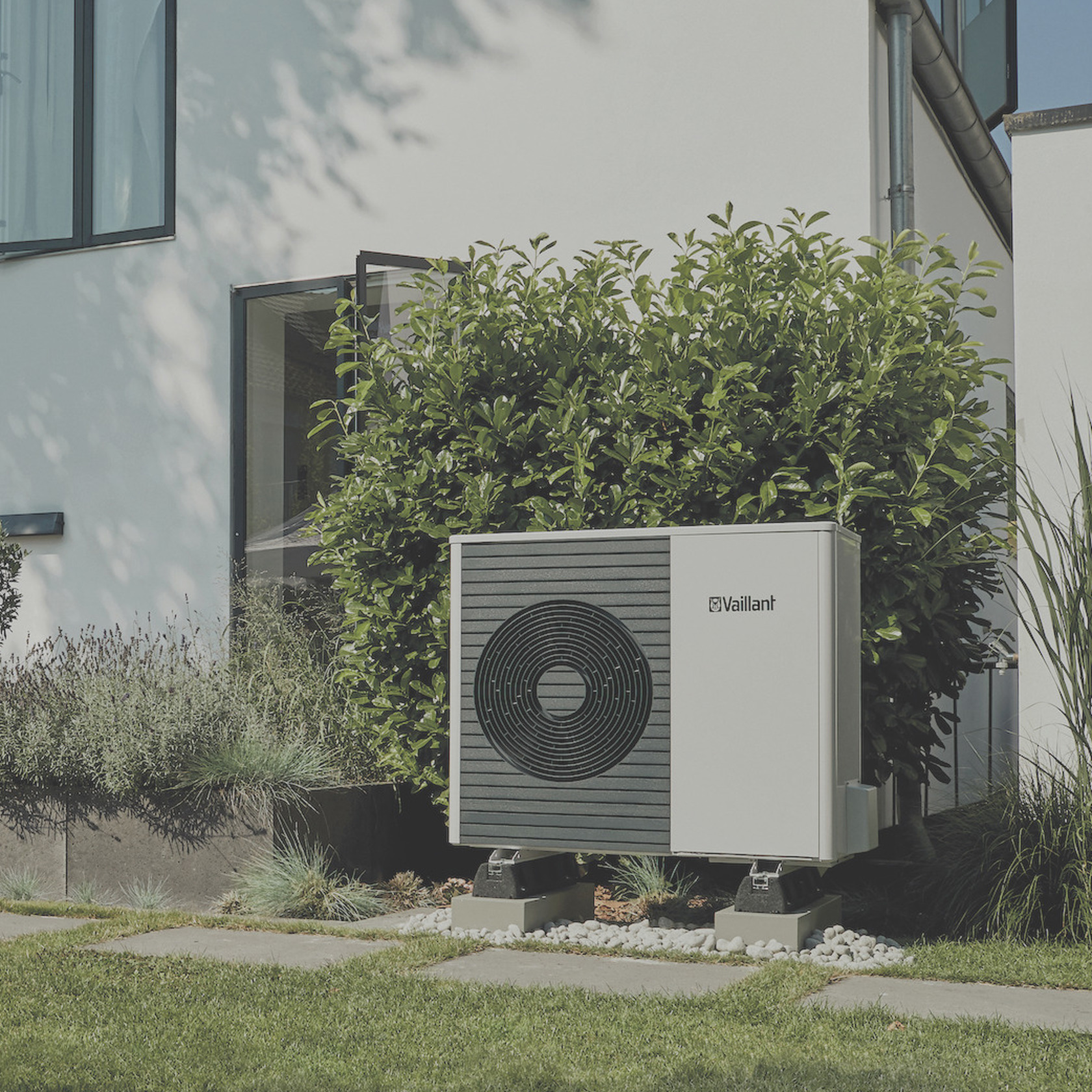
- Although only approximately half of the 125,000 vehicles are in active use, it is clear that there needs to be a significant shift out of internal combustion engine vehicles into electric, public transport, walking or cycling or other forms of low carbon transportation.
- This transition needs to be accelerated straightaway if Jersey is to have a chance of delivering carbon neutrality.
-
So, Jersey has a real and credible opportunity to go further and faster to decarbonise the Island and at a lower cost than many other jurisdictions
-
We acknowledge that the proposed time scale of 2030 is challenging and achieving it will take a considerable shift in attitude and the will of the people to move from fossil fuels in favour of cleaner energy and energy efficiency.
We are already playing our part but need to work faster
At Jersey Electricity, we’re ready to play our part. Jersey has an estimated 25,500 fossil fuel boilers heating domestic and commercial properties, and we are helping customers to switch to low-carbon electric options every week.
We also estimate that there are several thousand gas cookers and hobs in Jersey. In recent years we have doubled our rate of fuel switching from oil and LPG to electricity, but it is clear we need to dramatically increase the rate of fuel switching still further.
Similarly, there are more than 125,000 registered vehicles in Jersey with only 1.4% of these being electric or ultra-low emission vehicles.
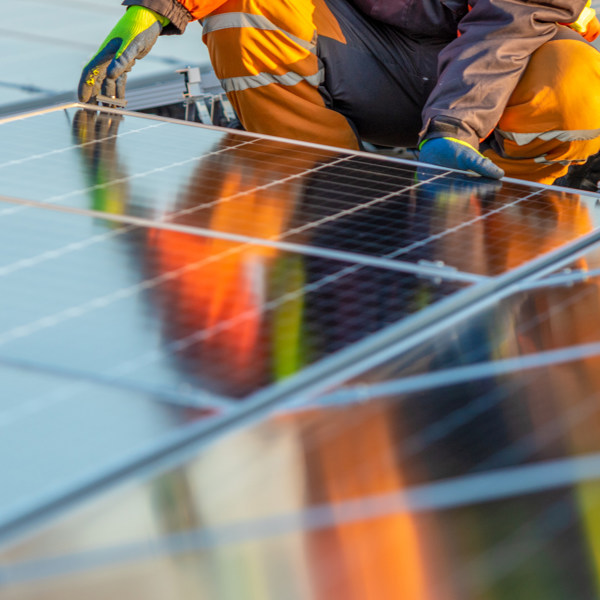
Working with partners
We believe in partnership with the Government and the community, we can help Jersey achieve its carbon neutrality aims and meet customers’ needs to the benefit of all our stakeholders.
One-third of Jersey’s electricity is already from certified renewable sources in France. While the cost of local renewables is higher than imported power and, of course, it is only intermittent, we recognise the desire to be more self-sufficient in energy production.
We are, therefore working with partners to find ways to reduce costs and make local renewables competitive with imported renewables. We believe solar PV is currently the most viable option for Jersey but we are continuing to monitor other technologies.
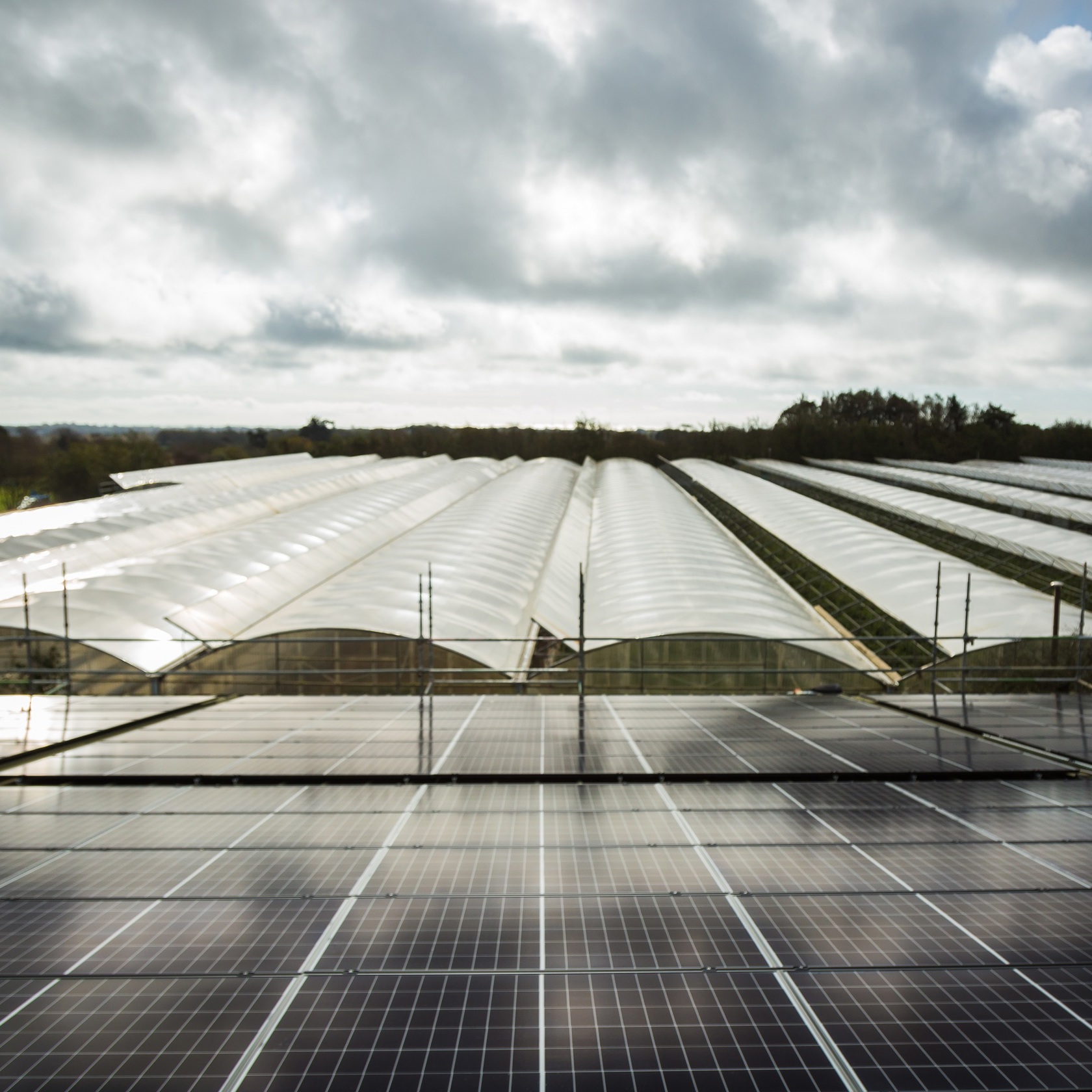
-
The future offers exciting opportunities, and we all need action now to safeguard our future.
-
Jersey Electricity has invested substantial sums over the last two decades to provide the Island with a low-carbon energy system that is entirely compatible with local renewables.
-
We are ready and willing to invest further and partner with others to bring about an even cleaner Island and low-carbon and economy that will support a sustainable future for our community.
We are already generating local solar power
By early 2021, we have already installed four commercial-scale rooftop solar arrays with the capacity to generate almost a million kWhs a year for the next 25 years.
We would welcome the opportunity to accelerate this development, with a focus on delivering a meaningful large-scale ground-based scheme in Jersey.
Longer term, we are keen to work with Government and other partners to enable inward capital investment which could develop a larger offshore wind scheme.
Potentially Jersey could export power to Europe or create a testbed for international tidal technology developers.



Have a question about future energy?
Join the conversation on our Facebook page.

